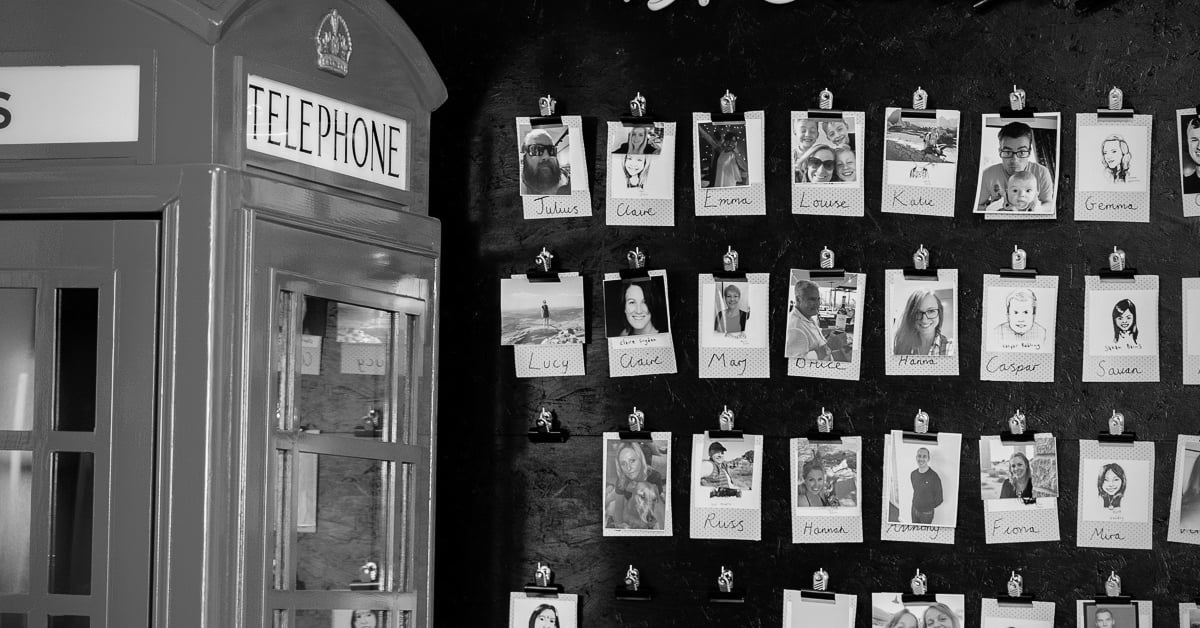
In 2013, two luxury tea brands went head-to-head over a trade mark in the UK. Mariage Freres (MF) and TWG Tea Company (TWG) each filed for marks consisting of or containing the words LUCKY TEA in classes 21 and 30 (covering a broad range of goods including tea, coffee, chocolate-based beverages and items of confectionery). TWG opposed MF’s application on the basis of passing off, bad faith and deceptiveness. To support the passing off claim, TWG sought to rely on their earlier unregistered rights in LUCKY TEA, LUCKY ME TEA and LUCKY YOU TEA, which it claimed to have used since 2010. In turn, TWG applied to register the get-up for its LUCKY TEA canister (with fan-like designs and additional word elements ‘Limited Edition’) and MF opposed on the basis of the application that TWG had attacked. The hearing officer dealt with the cases together in a consolidated hearing and issued the decision in December 2016. TWG’s passing off claim was unsuccessful as there was no evidence to suggest that it had used its marks in the UK. The evidence provided showed use in Singapore. TWG’s bad faith claim was partially accepted as it was successfully argued that MF had no intention to use on goods that were not tea-based. The deceptiveness claim also succeeded (but to a lesser extent) in relation to non-tea-related goods. MF’s representatives tried to rely on a ‘brand extension’ argument to justify the broad range of goods covered by the application but the argument was not supported by evidence and was rejected. MF’s specification was therefore restricted in class 30 but retained for tea-related products. The hearing officer then dealt with MF’s opposition against TWG’s application. MF had opposed on various relative grounds including section 5(2)(b) of the Trade Marks Act 1994. It was held that the two marks were highly similar to one another and the opposition succeeded in relation to all goods that were considered similar to those covered by MF’s pared-down application, which meant that TWG’s application was limited to confectionery- and pastry-related terms in class 30. It would be interesting to speculate if MF’s attorneys could have succeeded in the bad faith and deceptiveness claims if they had evidenced their argument on brand extension. Arguably, all hot beverages, whether tea or coffee, fall under one umbrella and are part of the same category and industry, but in the absence of supporting evidence the argument was given short shrift by the hearing officer.
Tags
Food & Drink /
Trademarks /
Disputes
Found this article interesting today?
Send us your thoughts:
Send us your thoughts:
Would you like to read more articles like this?
Stobbs IP Limited
Building 1000
Cambridge Research Park
CB25 9PD
Building 1000
Cambridge Research Park
CB25 9PD
Tel. 01223 435240
Fax. 01223 425258
info@iamstobbs.com
Fax. 01223 425258
info@iamstobbs.com
Website Terms & Conditions
Privacy policy
German office legal notice
Cookie Declaration
Complaints Policy
Copyright © 2022 Stobbs IP
Privacy policy
German office legal notice
Cookie Declaration
Complaints Policy
Copyright © 2022 Stobbs IP
Stobbs (IP) Limited, trading as Stobbs, registered in England and Wales, Company number 08369121.
Registered Office: Building 1000, Cambridge Research Park, Cambridge, CB25 9PD.
VAT Number 155 4670 01.
Stobbs (IP) Limited and its directors and employees who are registered UK trade mark attorneys are regulated by IPReg www.ipreg.org.uk
Registered Office: Building 1000, Cambridge Research Park, Cambridge, CB25 9PD.
VAT Number 155 4670 01.
Stobbs (IP) Limited and its directors and employees who are registered UK trade mark attorneys are regulated by IPReg www.ipreg.org.uk

